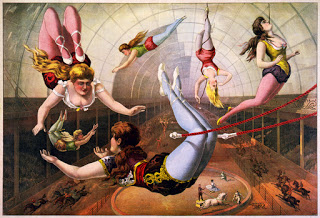You want to boost your writing productivity–so how to do that with ease? It’s no secret that productive writers share some simple habits that help them organize, focus, and stay on track and accountable to their project goals. Organize, sort and prioritize to boost your writing productivity. These days most writers are juggling projects, which may including revising one book, developing another book, posting regularly on blogs, writing content for newsletters, promotional material and reviews and…the list goes on. Organizing doesn’t need to be fancy. In fact, don’t let yourself get lost in perfectionism because that leads to procrastination. Keep …
7 Secrets that Boost Your Writing Productivity




